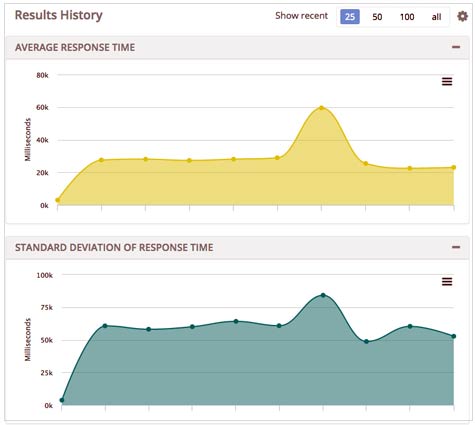One of the first places emerging technologies like Docker containers always manifest is in application development and testing environments. Given the rising popularity of Docker containers, it makes sense that BlazeMeter this week announced that its application load generating software can now be run on top of a Docker container when running on premise.
Ophir Prusak, chief evangelist at BlazeMeter, says that making use of Docker containers means less consumption of IT infrastructure to run application tests, which makes it feasible to run more tests using the same amount of IT infrastructure. In addition, Prusak notes that Docker containers make it a lot easier for internal IT organizations to spin up containers to run those tests versus having to deploy a virtual machine.
In general, Docker containers have not made their way into production environments just yet. But massive adoption of Docker containers by developers means that IT organizations can expect to see large quantities of Docker containers supporting production applications soon. In the meantime, application testing environments represent an interesting opportunity for IT operations teams to gain experience running these Docker containers.
In addition to support for Docker, BlazeMeter this week announced KPI Trends, a tool for tracking key performance indicators (KPIs), tools for organizing multiple application testing projects, and support for single sign-on (SSO) capabilities.
As a testing platform that can be called via REST application programming interfaces (APIs), BlazeMeter can be deployed on premise or invoked as a cloud service. The cloud service, however, as yet is not making use of Docker containers internally.
But Prusak says, for organizations that want to maintain control of application testing on premise, Docker containers are emerging as a viable alternative to building an entire private cloud stack just for that purpose.




